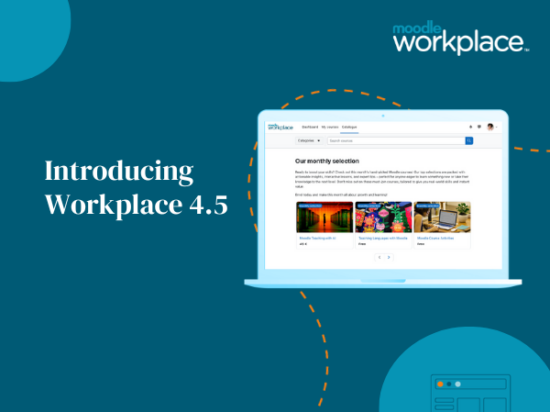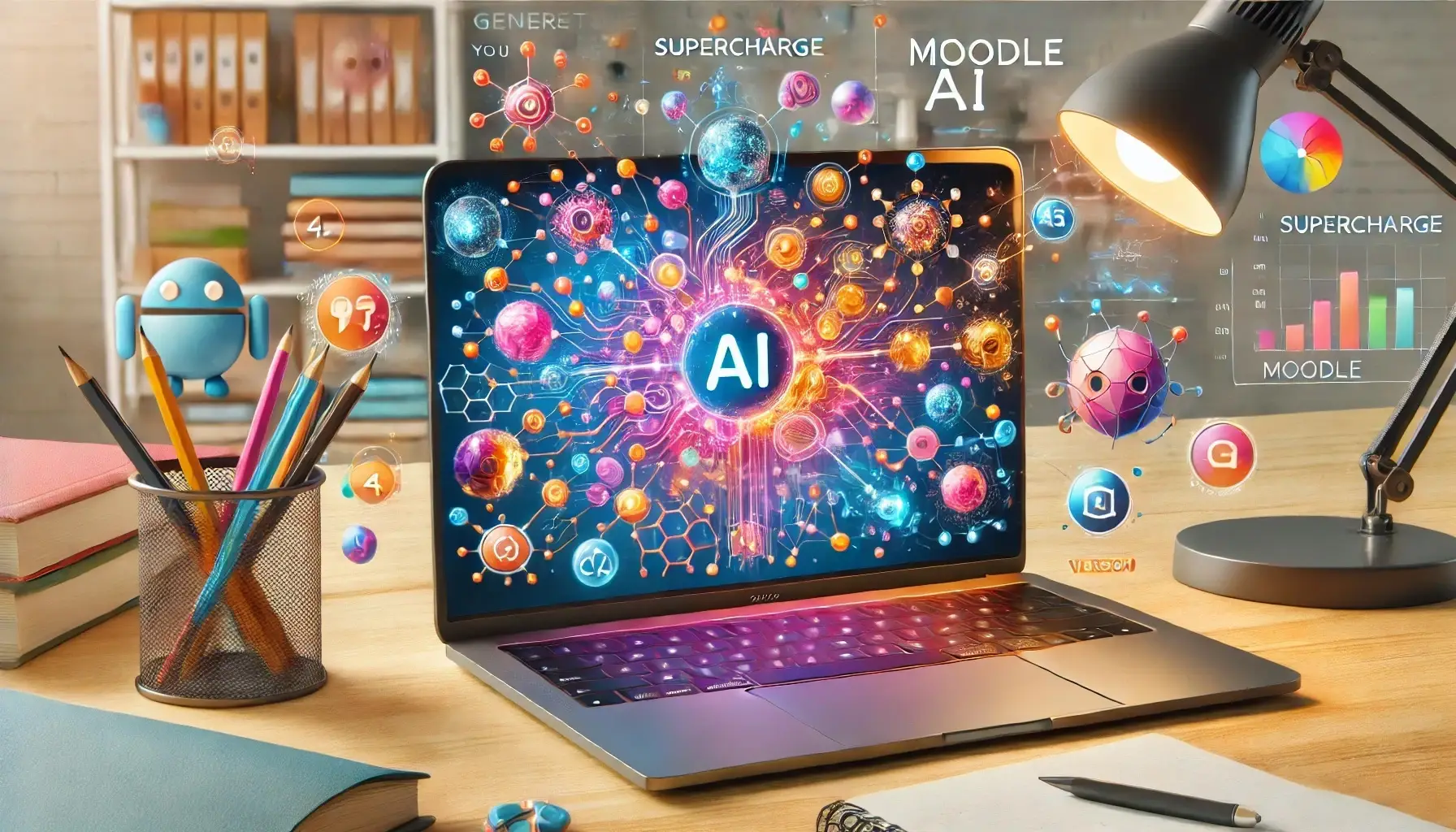Gartner, the world’s leading information technology research and advisory company, identified ten technologies that they believe will be strategic for most organisations.
The ten technology trends for 2013 are:
1. Mobile Device Battles
Gartner’s predicts that Windows 8 operating systems on mobile phone and laptops will likely be third in place following Google’s Android and iOs operating systems. IT specialists should consider this trend when evaluating their IT strategy as Windows as the single operating is being replaced by a variety of options. Gartner predicts that by 2013 mobile phones will become the preferred Web access device overtaking PCs.
2. Mobile Application and HTML5
Developers will need to explore new ways to design and deliver touch-optimised mobile applications that can work across a number of platforms. According to Gartner, six mobile architectures will remain popular:
- Native
- Special
- Hybrid
- HTML5
- Message
- No Client
Gartner states that, as there will be no single tool optimal for all types of mobile platforms; using a combination of the above mobile architectures is the best way forward. Developers will be shifting away (but not disappear) from native applications to Web applications while HTML5 becomes more capable in meeting the new technology demand on mobile applications.
3. Personal Cloud
The personal cloud is a web destination where users can keep and access their personal content anywhere and at any time. Dropbox, iCloud and Google Drive are just a few services already in use by consumers. Gartner claims that the personal will become the glue that links users’ devices as they manage their digital lives.
4. Enterprise App Stores
An Enterprise App store is a web portal, such as Apple’s App store and Google play, which end users can buy corporate approved software apps. Enterprise app stores are yet to take off and Gartner predicts a challenging future for its future as vendors limit their web store application to specific devices.
By 2014, Gartner believes that organisations will favour delivery of their mobile organisations through private application stores. The role of IT will also undergo a transformation as it shifts from that of a centralised planner to managing the app service and supporting end users.
5. The Internet of Things
Kevin Ashton, coined the term Internet of Things (IoT) in 1999. The concept as defined by Ashton refers to ‘uniquely identifiable objects and their virtual representations in an Internet-like structure’ (Wikipedia). He further explains it in the RFID Journal in 1999:
If we had computers that knew everything there was to know about – using data they gathered without any help from us – we would be able to track and count everything, and greatly reduce waste, loss and cost. We would know when things needed replacing, repairing or recalling, and whether they were fresh or past their best.
Gartner explains that key elements of IoT will be integrated into a variety of mobile devices; mobile will no longer refer only to cellular devices such as phones or tablets. Cellular devices not only use cellular networks but also communicate via Bluetooth and Wifi, to name a few.
Gartner predicts that while the Internet of Things enables a wide range of services and applications it will also create new challenges in the way data is managed and shared.
6. Hybrid IT and Cloud Computing
The increase in outsourcing means that IT departments are asked to multitask and coordinate many IT related services; cloud computing will help IT professionals manage their services. In a recent survey, Gartner revealed the new role emerging for IT professionals, internal cloud services brokerage (CSB). The internal CSB role will have the responsibility of helping to improve the provision and use of the diverse and complex cloud services for its end users.
7. Strategic Big Data
Gartner predicts that the way Big Data is managed, and stored is moving from a single enterprise data containing all their data to a multiple system which will help them manage the vast amount and variety of data.
8. Actionable Analytics
Gartner predicts that Big Data, social and mobile forces, will drive actionable analytics. This new direction will help organisations make real time strategic decisions and stimulate growth and revenue.
9. In Memory Computing
According to Gartner, in memory computing (IMC) has transformational opportunities. IMC can help detect business opportunities for companies as it has technology, which compresses processing time of hour-long batches to seconds. The possibilities for business innovation will increase as companies explore embedding IMC into their business strategy. Gartner predict that IMC is likely to be integrated in midsize and large companies by 2015.
10. Integrated Ecosystems
Moving the trend forward for Integrated Ecosystems is the end user’s desire for simplicity, low cost and security; for vendors it’s the ability to have more control of the solution stack and increase their growth. The market, according to Gartner, is shifting to a more integrated ecosystem and away from heterogeneous approaches.







